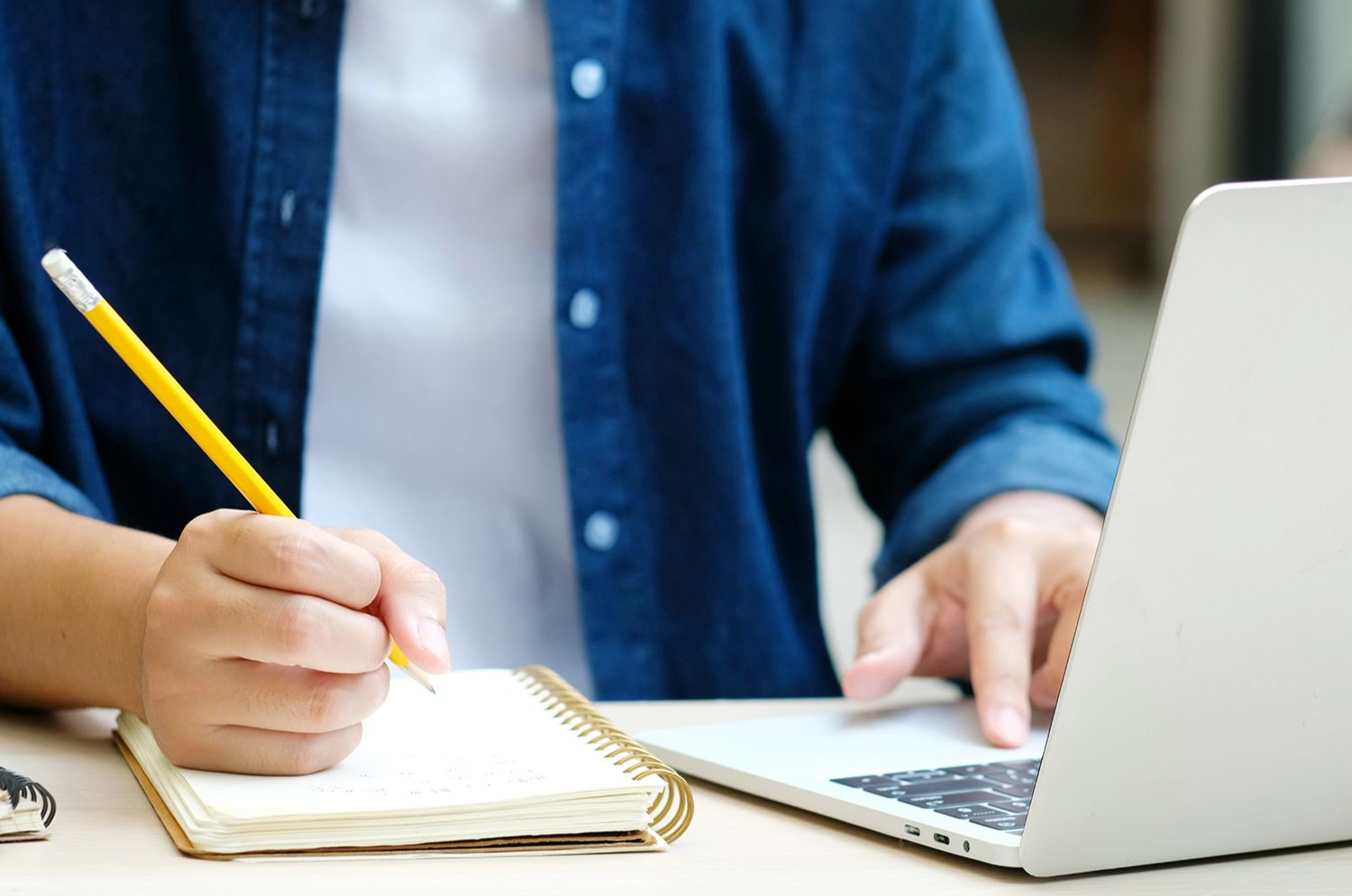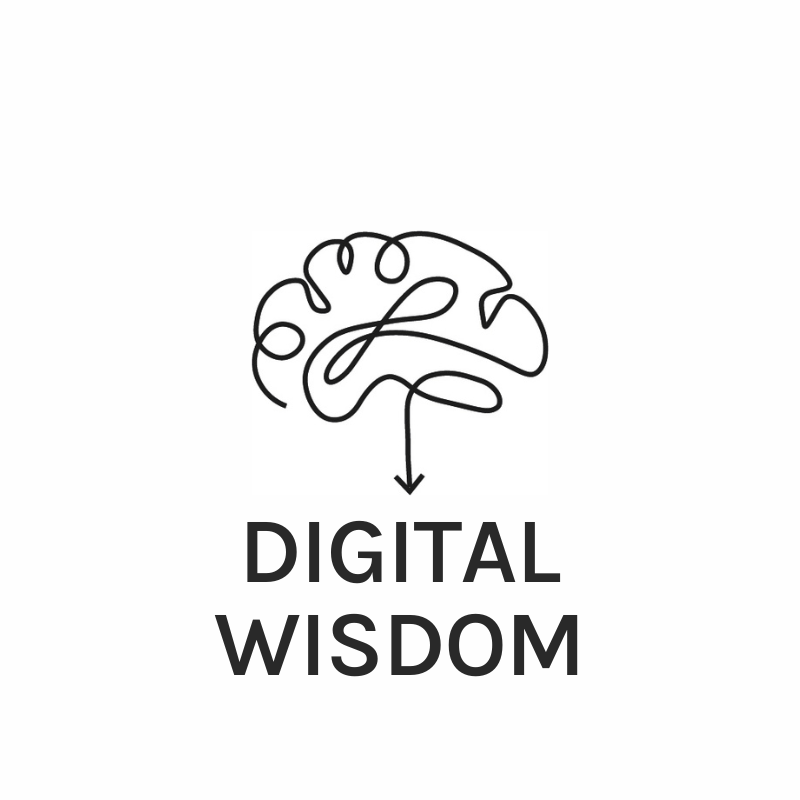Digital Wisdom? – Our founder explains why
By Digital Wisdom
The main problem is not a shortage of research. The main challenge is making research results practically usable. Cultural and linguistic barriers often discourage practitioners from engaging with scientific literature. Randi W. Aas, founder of the innovative company Digital Wisdom, Professor within Public Health, and pioneer in this space, explains this.
THE ARTICLE CONTINUES BELOW...

Research is complicated, full of jargon, lengthy manuscripts, and technical details. Many practitioners find it challenging to interpret and apply scientific findings directly during their busy days.
In her work & health research, she highlights that despite extensive research, the actual choice and effects of government interventions to reduce sick leave remain largely uncertain. “There’s a gap between what we know from research and what we do,” she says and continues: “We often have the research, but applying it systematically remains a challenge.”
It’s a classic “chicken or the egg” dilemma that has persisted since the early '90s. In 1991, Aas first wondered whether the interventions she and countless others were tasked with implementing were truly evidence-based. Global challenges demand informed responses. Whether tackling climate change or handling public health crises, decision-makers need quick access to reliable evidence to make effective decisions. Aas underlines that society’s ability to address these problems hinges on closing the “research-to-practice” gap.
Her first idea around 2010 was to create a web television for research, and later, Netflix for research. Aas emphasizes that the solution for the know-do-gap isn’t just producing more research but developing more innovative ways to summarize, analyse, and communicate findings. She advocates for knowledge translation by making research accessible and actionable without diluting its scientific integrity.
According to Aas, the timing for the new solution digwis has never been better. The digital age, with platforms like TED Talks and Khan Academy, has shown how effective engaging, accessible content can be. Artificial Intelligence has further made it possible to provide outstanding solutions within reasonable resources. Still, she says: “The most important contribution from Digital Wisdom is the blood and flesh researchers' contribution with knowledge translation and risk of bias assessments”.
She believes now is the moment to accelerate the launch of their subscription service, digwis, share research, and turn it into actionable decisions. “It’s not enough just to share findings; we have to help translate these into practical steps for change,” she explains.
She dreams of making research an entertainment-like experience—engaging, informative, and motivating—to inspire real change. With support from innovation hubs like Stavanger Innovation Park and TTO accelerators like Validé at the University of Stavanger and The Gründer Garage at Oslo Metropolitan University, her team is learning to develop sustainable business models to support this vision. She says many great things happen at universities, but without a business model, nothing scales.
Since the ’90s, Aas has dedicated herself to breaking down barriers between research and real-world application. Her goal is clear: to make scientific knowledge understandable and usable for decision-makers across sectors trying to solve real-life problems of our time. Her approach involves harnessing modern technology and innovative business models. She didn’t start her company to make reviews but to create a platform that translates existing research from open, searchable sources into practical insights.
Digital Wisdom and its innovative platform, digwis, aim to be a bridge—connecting researchers, policymakers, and practitioners in a more timely, effective, and practical way, so that they can read and apply the same research instead of fighting with their small-scale studies that support their former views. “By transforming complex scientific findings into accessible, actionable knowledge, we’re working toward a future where decisions are faster, smarter, and more aligned with the best available evidence”, she says.
In a world facing unprecedented challenges, close collaboration between science and society isn’t just ideal—it’s essential. As Aas reminds us, “The future depends on our ability to turn knowledge into action, quickly and effectively”.

